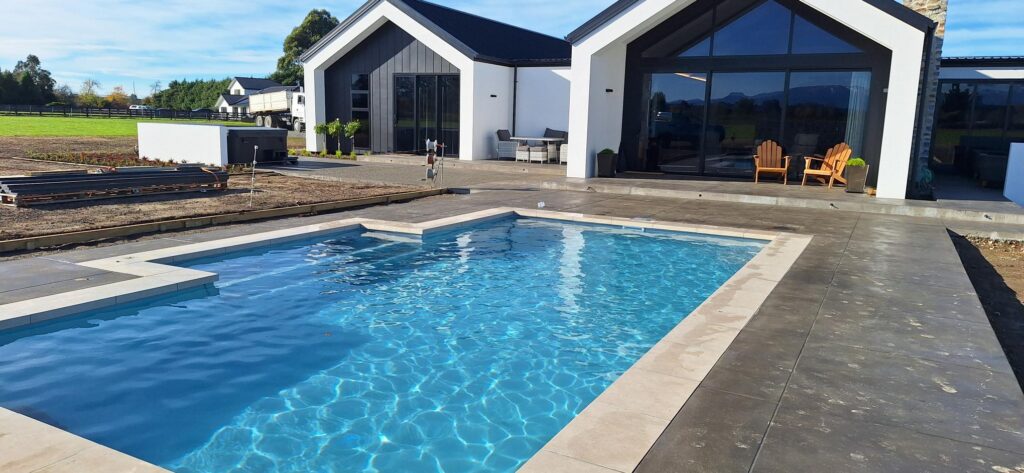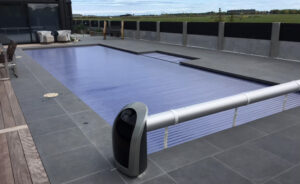When it comes to installing a backyard pool, homeowners face a crucial decision that will impact their enjoyment, maintenance costs, and property value for years to come.
The choice between a fibreglass and concrete pool isn’t just about initial cost – it’s about understanding the long-term benefits, maintenance requirements, and overall swimming experience each option provides.
While concrete pools have traditionally dominated the market with their customisable designs and perceived durability, fibreglass pools have emerged as a compelling alternative that addresses many of the common frustrations pool owners face.
From installation time to ongoing maintenance, chemical usage to energy efficiency, the differences between these two pool types can significantly affect your pool ownership experience.
If you’re weighing your options and wondering whether a fibreglass pool might be the better choice for your home, understanding the specific advantages can help you make an informed decision that aligns with your lifestyle, budget, and long-term goals.
A Bermuda fibreglass moulded pool offers the following benefits over a concrete pool
- Unique to BERMUDA POOLS is the 30mm thick polyurethane foam insulated pool offering lower running costs as a higher water temperature is retained longer
- Smooth edges. Smooth to the touch
- Quality depth of colour lustre due to top gelcoat thickness and sheen
- Lower on site construction time and costs as the all-in-one-moulded-pool is brought to site.
- On-site installation time = only 8 working days
- Added flexibility over ridged concrete to allow for slight ground movement
- Much lower chemical consumption due to a less porous surface
- Lower overall running costs due to the system not needing to run as much
- No need to re paint/plaster every 2-5 years
- And with a Bermuda pool, the added benefit of knowing that it is a locally produced product backed by a local warranty




